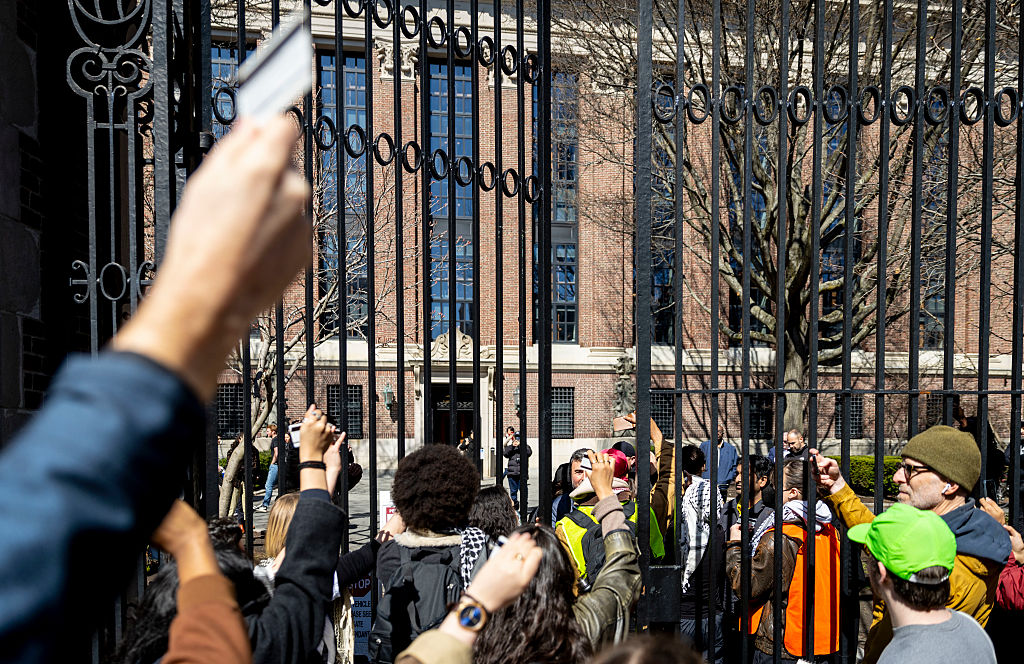Student loan forgiveness won't solve the college debt problem
The Biden administration on Wednesday cancelled student loan debt for hundreds of thousands of students who attended the now-defunct for-profit college system, Corinthian Colleges, as the president mulls broader student loan forgiveness for millions of borrowers.
The college chain collapsed in 2015 when Vice President Kamala Harris was attorney general for the state of California and sued the company for misleading practices. The cancellation of debt applies to everyone who attended Corinthian, and the relief will be automatic.
Most Americans support some type of loan forgiveness for college students who attended legitimate colleges and universities as well. Still others argue that major reform is necessary so that future generations don't also end up hamstrung by loans they took out to pursue college and graduate school degrees.
"If the cancellation is not accompanied by larger, systemic reforms, we will almost certainly arrive at this pass again," financial columnist Helaine Olen recently wrote in a Washington Post opinion piece, in which she called student loan debt "a problem from hell."
Forgiveness is not a comprehensive solution to an issue that affects not just individual borrowers, but the economy at large, and only "kicks the bucket down the road," Olen argued.
Instead, solutions should be focused on addressing why college is so expensive in the first place, and how the U.S. can help make it more affordable.
Immediate relief for borrowers is necessary but not sufficient.
Why is college so expensive?
"If we don't take this on as a systemic issue, in terms of asking why does college cost so much, what can we do to bring the cost down, and how can we make these loans manageable for people who need to resort to them to pay for college, we will almost certainly be at this pass again, there is no question about it," Olen told CBS News.
More than 40 million Americans currently hold a combined total of $1.7 trillion in student debt — an amount large enough to take a real toll on the U.S. economy as it forces debt holders to delay major purchases and inhibits them from contributing fully to the economy.
"This money comes out of the salaries of people, many of whom are just getting started in the workforce," Olen said.
Folks with student loan debt are also less likely to buy a house or start a small business, she added.
It even impacts their decisions to start families.
"All of this is costing the economy money," Olen said. "That money is an investment not just in the individual students but in all of our economic futures."



